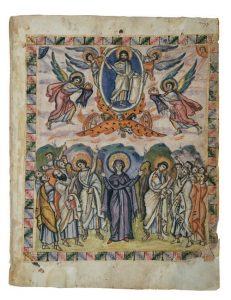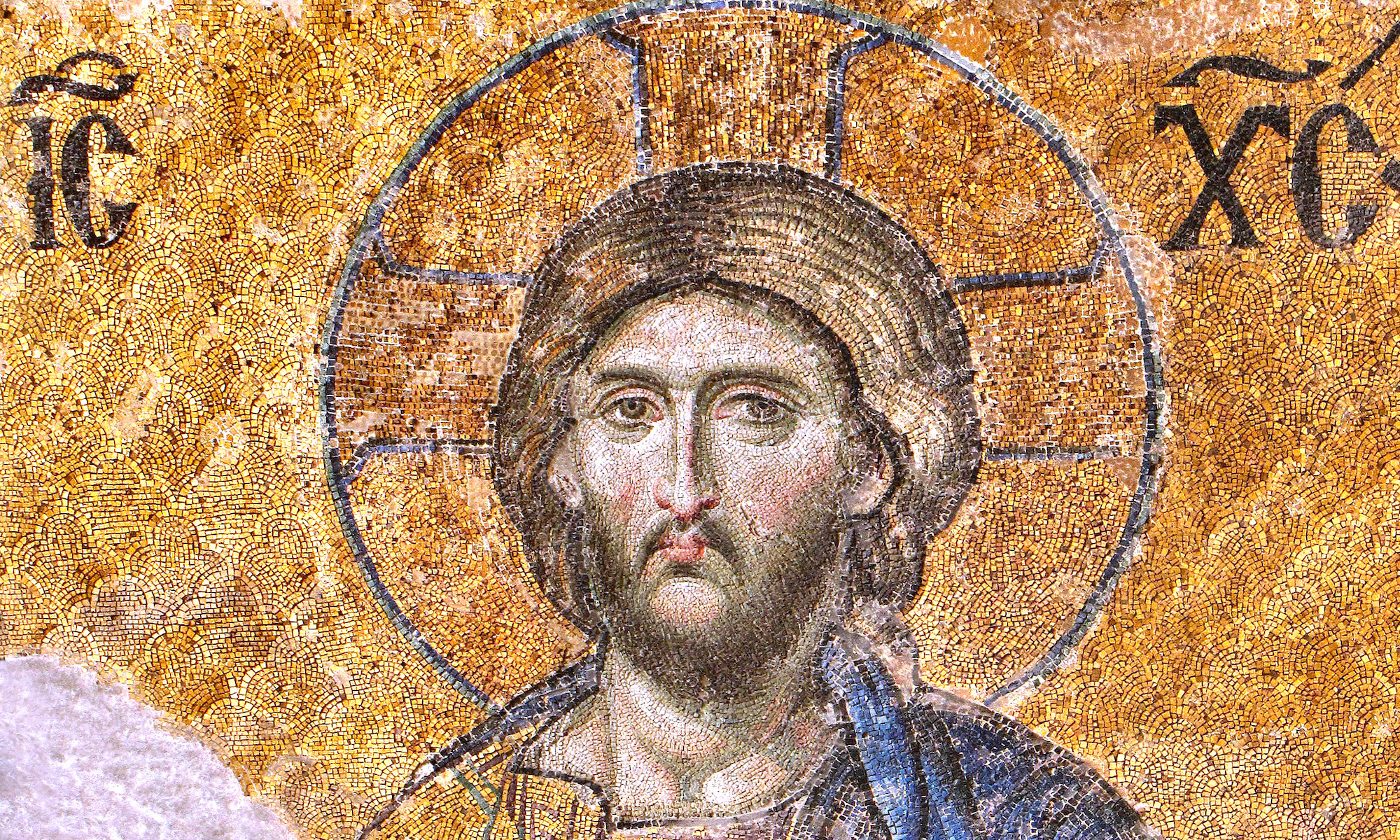Two reasons why Christ’s Ascension is important to us

Podcast: Play in new window | Download
Subscribe: RSS

The English-language Orthodox Church in Vancouver, BC
Two reasons why Christ’s Ascension is important to us

Podcast: Play in new window | Download
Subscribe: RSS
On Palm Sunday, as we stand, palm-branches in-hand, we do not just remember or re-enact, but, as we reflect on what went wrong in the light of the cross, we embody, as we follow in our Leader’s footsteps, the Ultimate Revolution.
(Inspired in part by one of my favourite podcasts, Revolutions, and, in even larger part, by The Lenten Spring.)
Podcast: Play in new window | Download
Subscribe: RSS
O Death, where is your sting? O Hell, where is your victory? Christ is risen, and you are overthrown. Christ is risen, and the demons are fallen. Christ is risen, and the angels rejoice. Christ is risen, and life reigns. Christ is risen, and not one dead remains in the grave. For Christ, being risen from the dead, is become the first fruits of those who have fallen asleep. To Him be glory and dominion unto ages of ages. Amen.
20 years ago, at the Lenten liturgy of St. John of the Ladder (Climacus), I entered the Orthodox Church as a catechumen. My journey to that point is probably best summed up in my letters to my church and to my beloved – this sermon is mostly a reflection on some of the key things I have learned from (or had confirmed by) my experience since then.
Podcast: Play in new window | Download
Subscribe: RSS